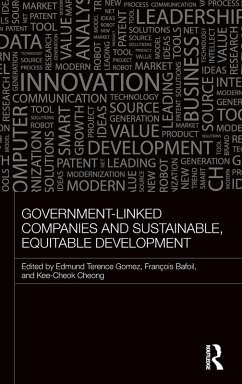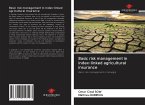The debate over how far governments should intervene in economies in order to promote economic growth, a debate which from the 1980s seemed settled in favour of the neo-liberal, non-interventionist consensus, has taken on new vigour since the financial crisis of 2008 and after. Some countries, most of them in industrialised Asia, have survived the crisis, and secured equitable economic growth, by adopting a developmental state model, whereby governments have intervened in their economies, often through explicit support for individual companies. This book explores debates about government intervention, assesses interventionist policies, including industrial and innovation policies, and examines in particular the key institutions which play a crucial role in implementing government policies and in building the bridge between the state and the private sector. The countries covered include China, India, South Korea, Malaysia and Taiwan, together with representative countries from Europe and Latin America.
Hinweis: Dieser Artikel kann nur an eine deutsche Lieferadresse ausgeliefert werden.
Hinweis: Dieser Artikel kann nur an eine deutsche Lieferadresse ausgeliefert werden.








